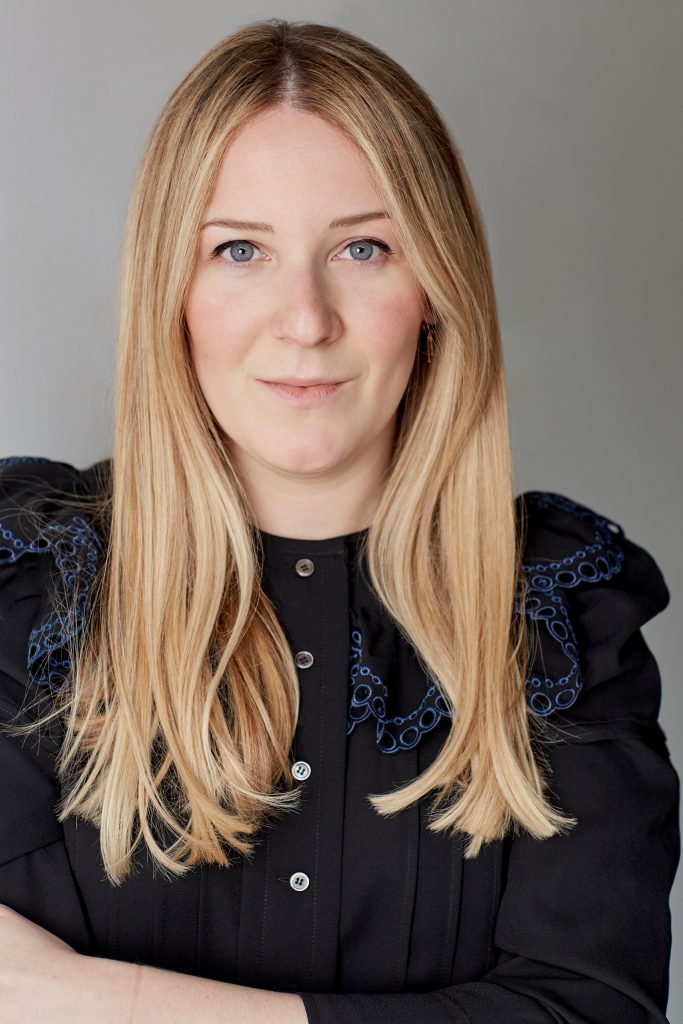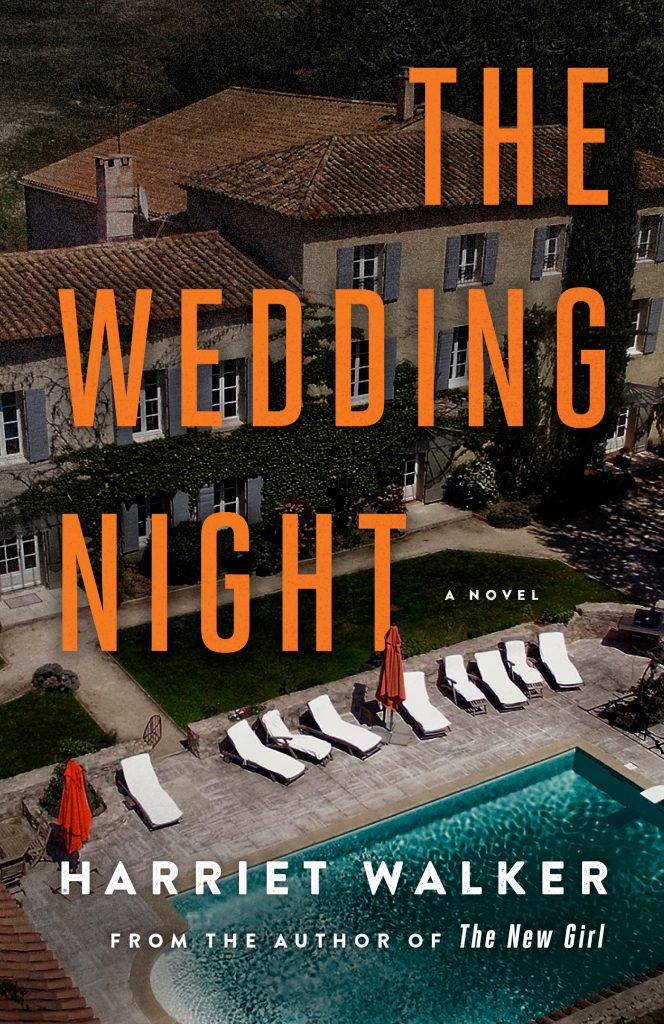K.J. Howe: THE WEDDING NIGHT is the most anticipated evening of many women’s lives, the start of a brilliant life with your true love. But sometimes things take a darker turn. I hope you’ll enjoy Harriet Walker’s latest psychological suspense, as she’s a genius at creating psychological drama in the most benign of places. Welcome, Harriet!

Past mistakes, a guilty secret, the bad decision you’ll always regret… As a reader and then as a writer, I was drawn to the mechanics of suspense novels because they spoke to the near-constant feeling of dread I’ve carried around with me for as long as I can remember.
Am I doing it right? What if I’m not? What if people notice? Will they judge me? My fear was always of having done something wrong and being found out: the classic premise at the heart of any thriller.
Let me quickly assure you that I don’t have any skeletons in my closet of plotline magnitude – no crimes of passion or even carelessness here. No, I am merely a regular grown woman with an irrational sense of doom and just enough cringe-worthy memories to keep me awake at 4am.
When I checked in with friends about this sort of angst – let’s call it a See The Headmaster complex, because it feels so much like waiting to be told off at school – almost all of them admitted that they had it too. For me, it’s somewhere between Impostor Syndrome and a more generalised sort of catastrophising, both of which seem to be female afflictions more than they are male and which, in their more literal incarnations, power the domestic noir and psychological suspense books I’ve always loved reading.
The scratching away of a perfect veneer to discover the flaws beneath. A life left behind, a revenge served up cold. You don’t always need a body and flashing blue police lights to ramp up paranoia, sow the seeds of suspicion or dole out justice. Your brain can simmer up more than enough tension – enough terror – all by itself.
Eventually my sense of foreboding spurred me on to write my first novel, The New Girl, which deals with female friendships and rivalries: the way our lives can affect the happiness of others without us even realising they have. Anxiety inspired my new book, The Wedding Night (out June 1st), too. Amid the debris of a cancelled wedding in the south of France, the assembled guests must reckon with mistakes made in the past that threaten to wreck the future.

I wanted to explore the ripple effect of unthinking decisions – a particular source of angst in the internet age, because our past is now backed up and permanently searchable online, and our secrets ever more sharable. What might once have been a thoughtless remark over coffee or a dinner table is now a tweet that can be re-broadcast and amplified; communications between partners and friends become weapons when a relationship goes sour.
I started writing thrillers to try and talk about the sort of private neuroses that are shaped by the world we live in – and what happens if they become public. I found writing to be a way of working out the worry I carry with me in real life – the fear of offending people, of embarrassing myself, of exposing my own inadequacies. Of being noticed for the wrong things, and not being noticed for doing the right ones.
I can tease out the thread of disquiet in my own mind into something so much more dramatic on the page that it becomes a type of catharsis. I can work through my own emotions and spiralling thoughts by re-framing them and giving them to somebody else. Throughout each developing draft and ensuing round of edits, I have found I am much kinder to my characters than I am to myself. This has been helpful to realise, too.
To write your thoughts down is not necessarily to master them, but I find story-telling to be a form of brain management. Like a theatre director, you decide what’s centre-stage in your head at any given moment. It was from leaning into anxiety – shaping it, sculpting it and channelling it into something different – that I learned to be more at ease with my unease: to make it something powerful rather than paralysing.
Do you turn to writing for cathartic reasons? How does writing help you process?
















































Yes, as an author, I certainly do turn to writing which has a combination of stimulating and calming effects (interesting, huh?) Thanks, Harriet for being our guest here on Rogue Women Writers. I’m sure your new thriller will be a great success.
I’m embarrassed to say that I only write about things I find interesting…my life has been too milquetoast for me to work out painful decisions in my writing! But this book sounds fascinating to me for that very reason.
Amazing what can happen as we write. Appreciate your insights and the book sounds great!
Happy pub day! “Irrational sense of doom”–I so get it. (I used to get what I called a “feeling of doom” every Sunday before the school week began). Going to order your new one right now!
Happy publication day! The Wedding Night sounds fabulous. My husband and I made up a nonsense word for that Sunday night feeling-of-doom that Jenny mentions in her comment. And, yes, writing has been cathartic, especially this past year.
You said well. I think as authors we tend to look at things we fear–or envision–happening. That we’ll be found out. That something bad is going to happen. As an author I have control of the outcome. Is it any wonder there is inevitably justice and a reckoning for someone?